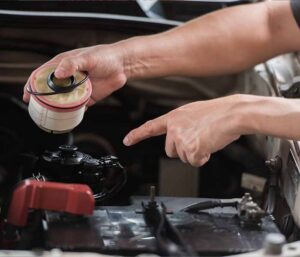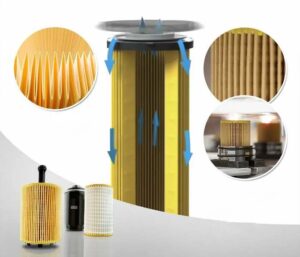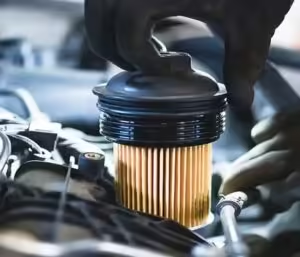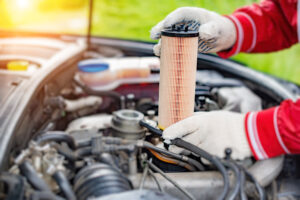Why Clean Filters Are the Heartbeat of Modern Vehicle Performance
Introduction: Behind the Scenes of Every Smooth Ride
Every time you start your car, drive through dusty roads, or idle in city traffic, dozens of components work silently to ensure your engine runs smoothly. Among them, filters play a silent but critical role. Whether it’s trapping dirt from air, impurities in fuel, or keeping your oil clean, automotive filters are the unsung heroes of vehicle reliability and efficiency.
In this article, we’ll dive into the world of automotive filtration and cover:
- What automotive filters are and why they matter
- The types of filters and their specific functions
- Common problems caused by poor-quality filters
- How to choose reliable filters for your vehicle
- The future of filtration technology
I. What Are Automotive Filters?
Automotive filters are mechanical devices designed to capture and block unwanted contaminants from reaching essential vehicle systems like the engine, fuel injection system, and passenger cabin.
They are essential for:
- Improving fuel efficiency
- Reducing emissions
- Protecting engine components
- Enhancing driving comfort
Even though they are small and often overlooked, dirty or malfunctioning filters can lead to expensive repairs and poor performance.
II. Types of Automotive Filters
1. Air Filters
Function: Clean the air that enters the engine combustion chamber.
Why It Matters: Clean air is essential for efficient fuel combustion. A clogged air filter reduces power, increases fuel usage, and can cause engine misfires.
Replacement: Every 12,000–20,000 km, or once a year.
2. Oil Filters
Function: Remove impurities like metal particles, carbon, and sludge from engine oil.
Why It Matters: Dirty oil leads to friction, heat, and wear. A good oil filter maintains smooth engine operation and extends oil life.
Replacement: Every oil change cycle (usually 5,000–10,000 km).
3. Fuel Filters
Function: Eliminate rust, dirt, and water from gasoline or diesel.
Why It Matters: Protects the fuel injection system and prevents clogging. Crucial for diesel engines, which are more sensitive to fuel quality.
Replacement: Every 20,000–30,000 km, or as recommended by manufacturer.
4. Cabin Air Filters
Function: Filter out dust, pollen, and pollution from the air inside the vehicle.
Why It Matters: Improves air quality in the cabin, reduces allergens, and supports HVAC system performance.
Replacement: Every 15,000–20,000 km, or once per season in dusty regions.
III. Why Filter Quality Makes a Big Difference
Using high-quality automotive filters isn’t just about performance — it’s about protection and efficiency.
Here’s what premium filters offer:
- High Filtration Efficiency: Removes even the smallest particles (as small as 5 microns).
- Durability Under Pressure: Designed to withstand temperature extremes and high pressure.
- Tighter Seals: Prevents leaks and bypassing of contaminants.
- Optimized Flow Rate: Ensures proper airflow and fluid movement without restriction.
IV. Common Problems Caused by Cheap or Old Filters
If your vehicle’s filters are low quality or overdue for replacement, you might experience:
- Reduced fuel economy
- Engine knocking or overheating
- Reduced acceleration power
- Dark smoke emissions
- Clogged fuel injectors
- Musty smell or poor air circulation in cabin
In short: Cheap filters = Expensive repairs.




